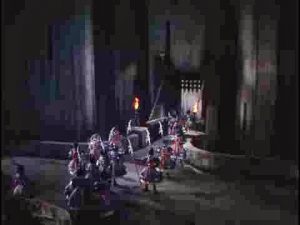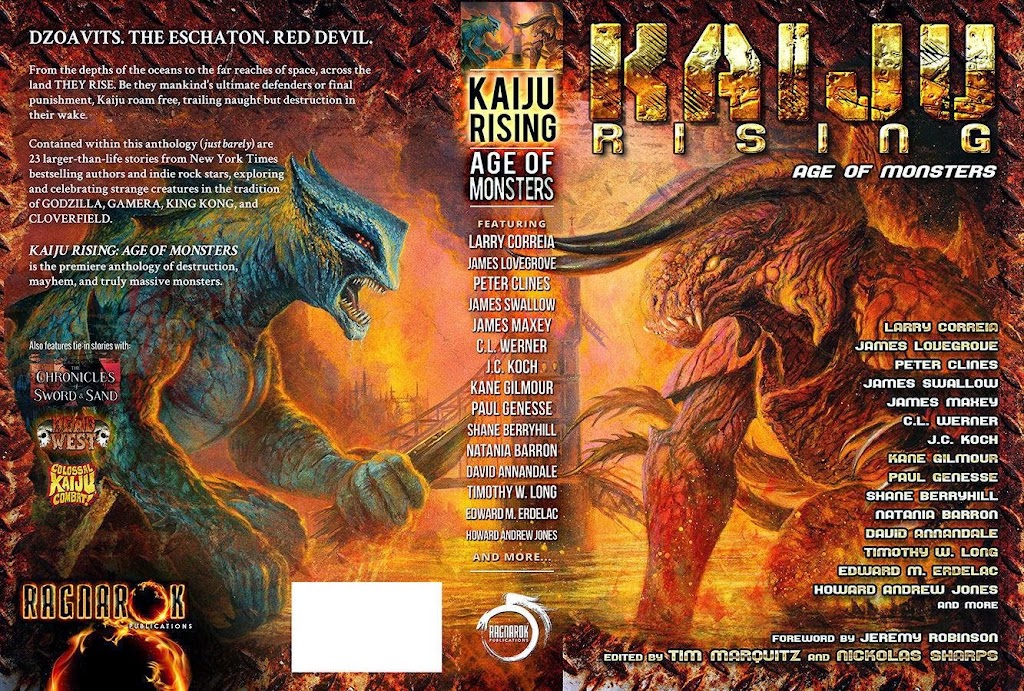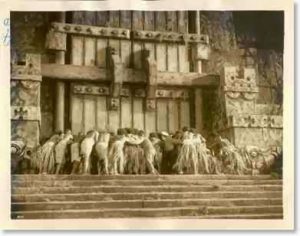 |
Actual entrance to Random House
(not shown: snipers) |
One term floating around the internet a lot these days is “the gatekeepers.” On the off chance you’re not familiar with it, it’s a handy, catch-all term some folks use for editors and agents, both in publishing and sometimes in Hollywood, too. The idea is that these are the people who decide if a writer’s work should be published or produced. The gatekeepers either let me in the world of big publishers or keep me out.
Naturally, of course, my work is genius and should be published. But for some reason or another—usually because they’re idiots—those gatekeepers won’t let me past the entrance. I say this because it’s a key point when talking about this subject. A huge percentage of people who use the term gatekeepers—the vast majority, I’d say—are people who aren’t being allowed through those gates.
So, in a very real way, “gatekeepers” is being used as an insult. A slur. It’s like that old joke about the difference between a nymph and a slut. A nymph sleeps with everyone, a slut sleeps with everyone… except you. So what’s the difference between an editor and a gatekeeper…?
Here’s the thing no one likes to admit about those gatekeepers.
They aren’t just keeping me out. They’re also keeping out all those other people whose work is complete crap. Dull stories, predictable plots, flat characters, poor spelling… we can all agree that those people should be kept out. We don’t want to deal with their crap. No one does.
Again, none of that applies to me, naturally. My work, as I mentioned, is genius. And deserves to be published.
Y’see, once I stop thinking about me and insulting them, it’s pretty clear that what the gatekeepers are doing is vetting material. They’re weeding out all the stuff that’s dull or predictable or would take far too much work to become a sellable product (this is a business, after all).
Now, a lot of those same folks who slam the gatekeepers also say the market will decide if something’s any good or not. If a million people want to put their epic sci-fi/horror/fantasy/steampunk trilogies on Kindle, power to them. And on one level I’m okay with that and I agree with it.
However… What I find ironic is that then they talk about how they’ll find their way through those thousands and thousands of dull, flat, poorly written manuscripts. They’ll check to see Amazon ratings. They’ll see what bloggers have to say. They’ll see what has the best reviews.
In other words, they’ll let someone else vet the material for them. Someone else can sift through all the crap so those readers only need to see the good stuff. The things that deserve to make money.
Thing is, if people really wanted a completely fair and equal marketplace, one with absolutely no gatekeepers, there would be no reviews. No ratings. No word of mouth. No one would be allowed to influence whether or not a book gets seen. We’d all just pick titles at random and hope for the best.
And let’s be honest–the best would be few and far between. There’s a lot of awful material out there these days. God-awful. Probably three out of five, if I had to guess, because there are no restrictions or guidelines about who can reach the marketplace. Maybe as high as four out of five.
I think we’re all glad when someone else is willing to take one for the team and weed those awful books out. To vet the material for us. To make sure some things get our attention and others don’t.
Thank goodness there are gatekeepers.





